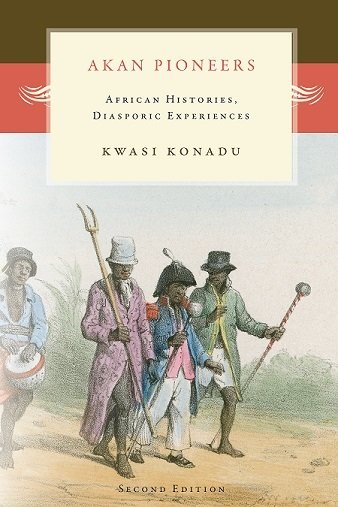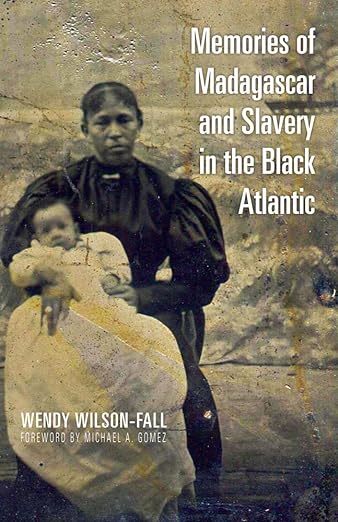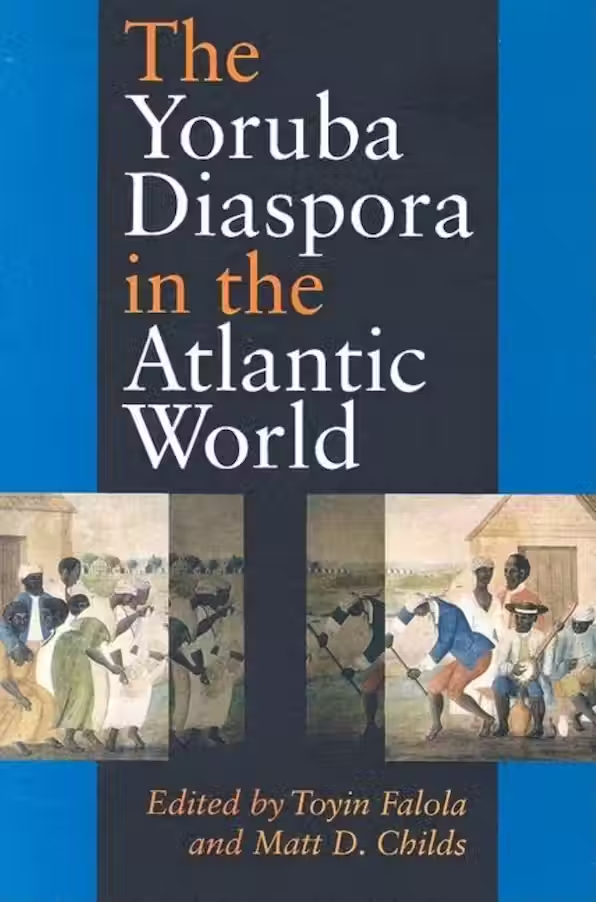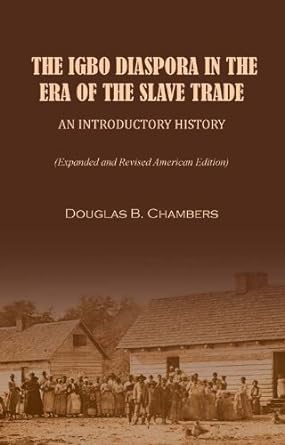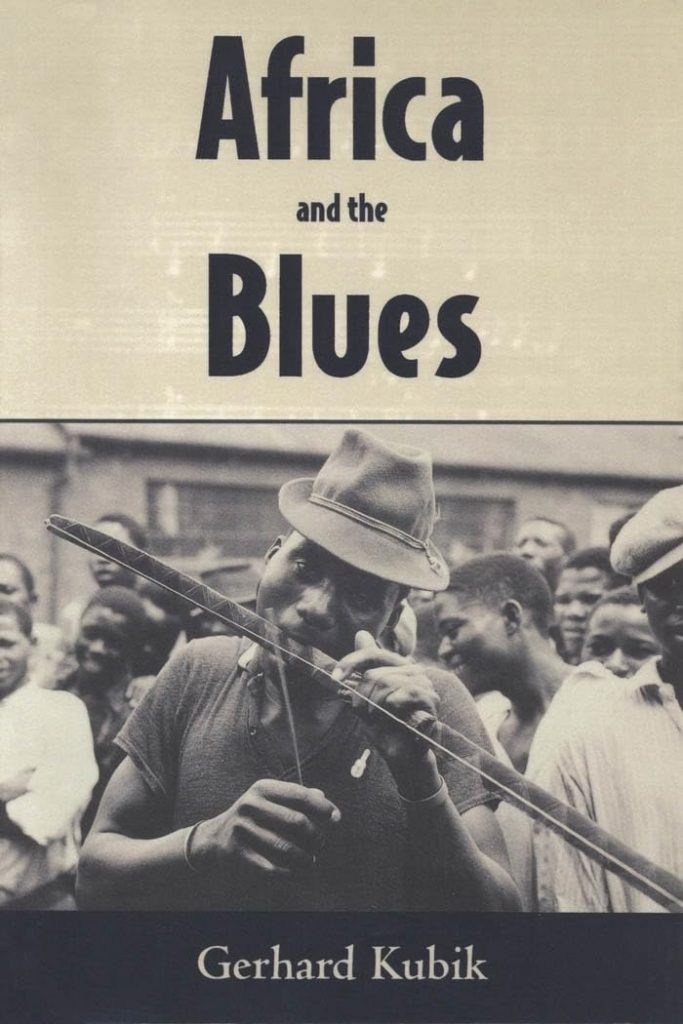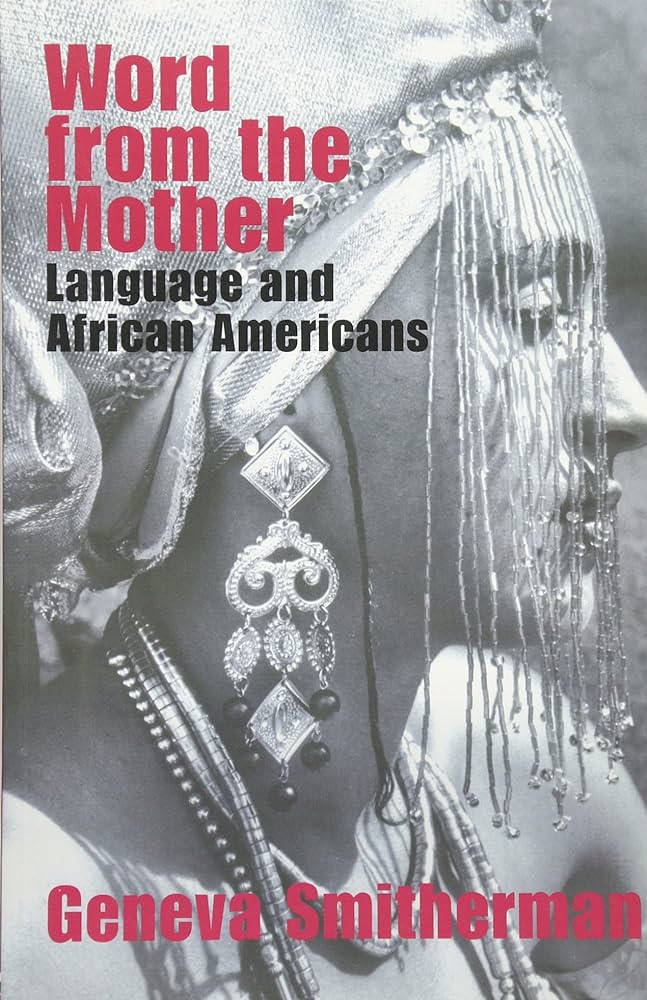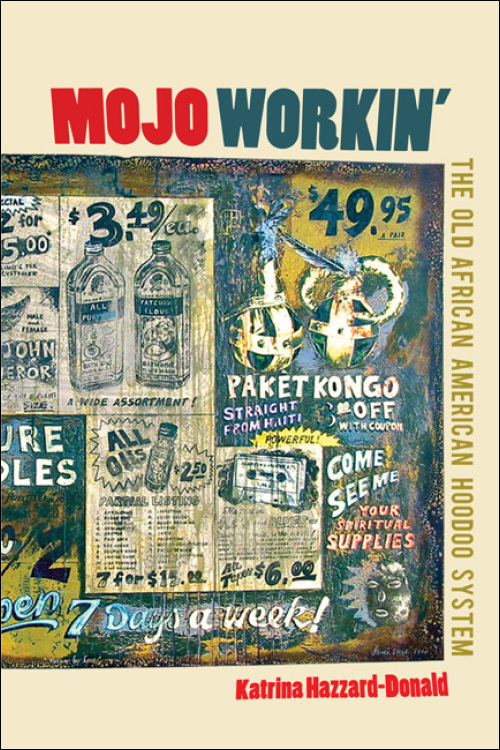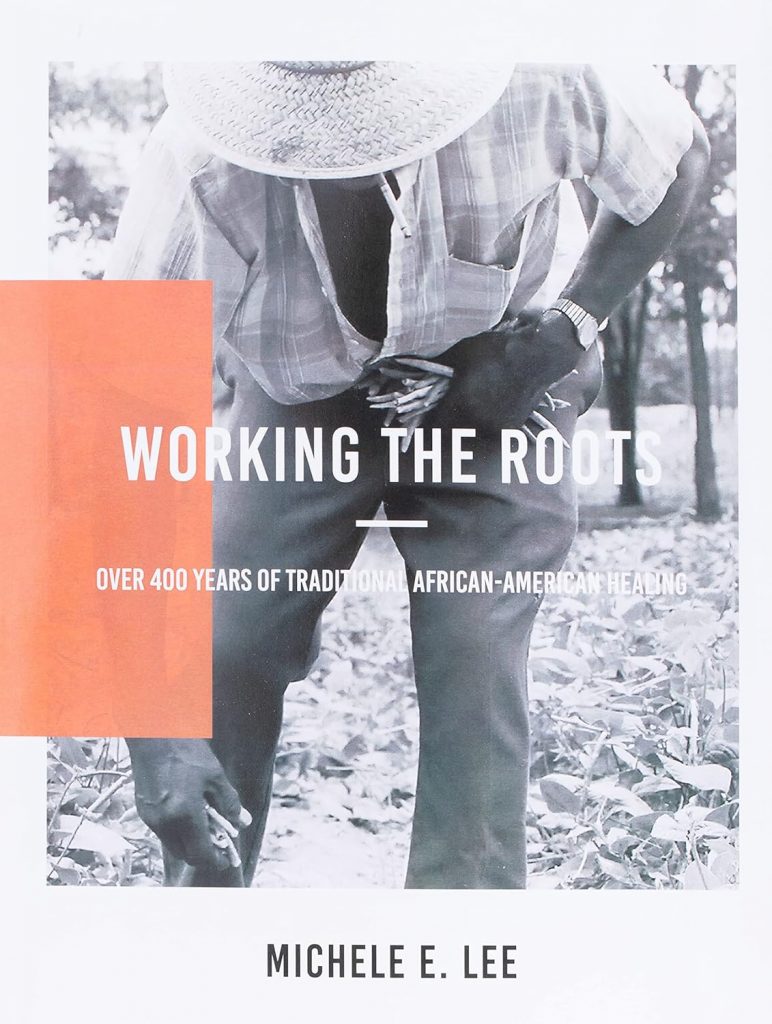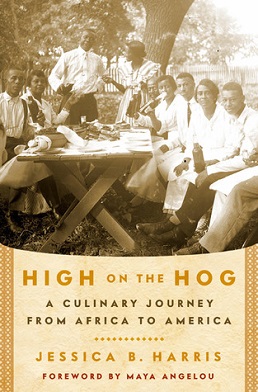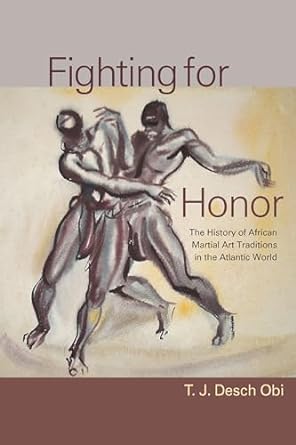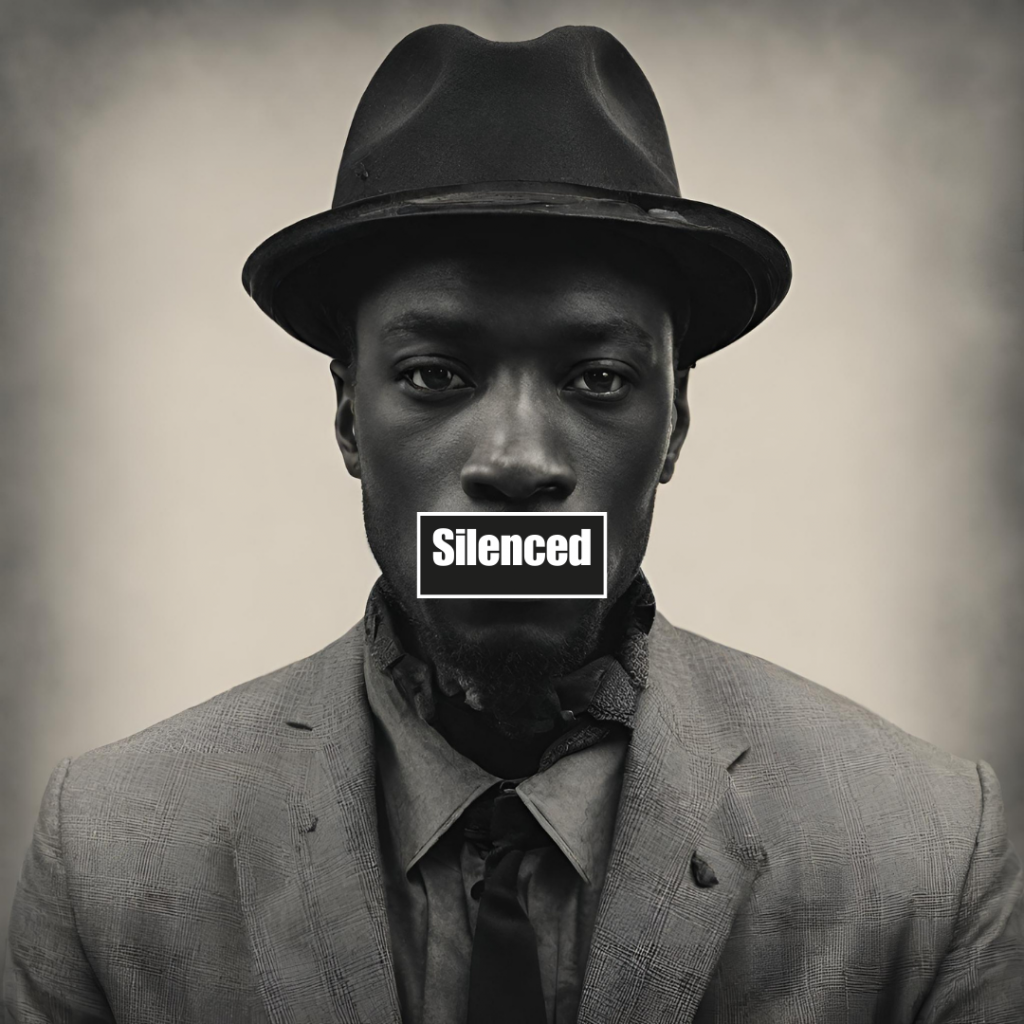1. If our ancestors aren’t African, why do we primarily have West African haplotypes? https://www.ncbi.nlm.nih.gov/pmc/articles/PMC4048334/
2. Why do we eat African foods? How did these crops get to the Americas? https://learningenglish.voanews.com/a/how-enslaved-africans-influenced-american-diet/4816356.html
Why is our diet not identical to the Native American diet? Consider, for instance their relationship to corn in contrast to ours?
3. Why do we speak a language (AAVE or Ebonics) that has African syntax, rather than the syntax of Native American languages? https://www.academia.edu/17776766/Africanisms_in_Contemporary_English
4. What is this and how did it come to America? https://en.wikipedia.org/wiki/Banjo#/media/File:Bluegrass_banjo.png
5. The earliest Muslims in the US were Blacks. Where did they come from? How did they get here? They said that they were brought on slave ships. They actually told their stories. Were they mistaken or confused? https://nyupress.org/9781479847112/servants-of-allah/
6. Many Africans in the 18th and 19th Century used the term African in the organizations. Examples include the African Lodge, the African Methodist Episcopal Church, the First African Church. Many of those who lived during these times were taken directly from Africa or had forbears that were. Were they mistaken? Were they confused?
7. Many African Americans gave their children African names. Why didn’t they give them Native American names? Were they confused about where they came from? https://www.encyclopedia.com/history/encyclopedias-almanacs-transcripts-and-maps/names-and-naming-african
8. Many Africans wrote narratives of the experience of enslavement. Where are the period narratives that affirm that we are, in fact, native to the US?
9. If we are native to the US, are Afro-Cubans, Afro-Brazilians, Jamaicans, Haitians, Afro-Columbians, etc.? If so, why does so much of their culture also derive from Africa? Such similarities defies coincidence do they not?
10. Why are our fighting traditions African-based? Why aren’t these methods of fighting found amongst Africans and not the indigenous population of the Americas? https://uscpress.com/Fighting-for-Honor
The reality is that our relationship with the indigenous population has been complicated. We have collaborated with them (i.e., in instances of insurrection), extirpated them (i.e., as in the legacy of the Buffalo Soldiers), and been exploited by them (i.e., as in slavery). However, we are not them. We are Africans.
To quote Edward Wilmot Blyden, “Your place has been assigned you in the universe as Africans, and there is no room for you as anything else.” The embrace of such a sublime reality as our inherent Africanness is the very foundation to our regeneration as a people.
